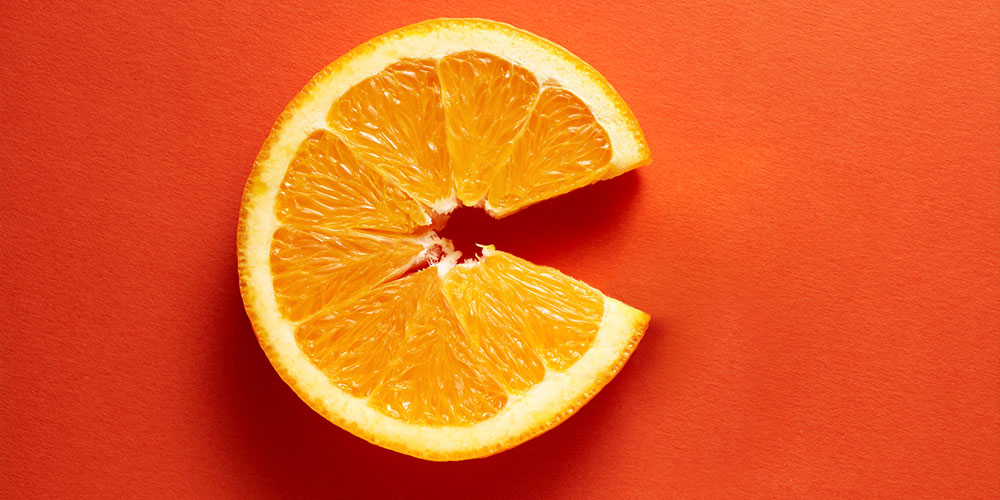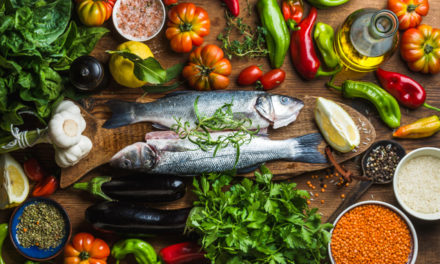When it comes to supplementation, an emphasis on consuming supplements like creatine, probiotics, and BCAAs can overshadow the importance of fueling with real foods that already contain the same nutrients. While supplementation can be an amazing tool to fill nutritional gaps and correct deficiencies, it’s important to prioritize obtaining essential nutrients from food first. Whole foods have a greater nutritional content than their supplemental counterparts. In some cases, the vitamins and minerals in food are better absorbed than those found in supplements. We’ve highlighted specific nutrients and everyday foods that offer just as much or more nutrition than the supplement (likely at a lower cost!):
VITAMIN B-12
FUNCTION
- Development and function of the central nervous system
- Aids in red blood cell formation
- DNA synthesis FOOD SOURCES
- Vitamin B-12 is naturally present in foods of animal origin, including fish, meat, poultry, eggs, and dairy products.
- Fortified breakfast cereals and fortified nutritional yeasts are readily available sources of vitamin B12.
CREATINE
FUNCTION
- Stored in the skeletal muscle and used during physical activity
- Helps with the production of energy in working muscles
FOOD SOURCES
- Salmon, Pork, Beef, Chicken, Tuna, Cod
- Vegetarians: Eggs, milk, and cheese help the body and liver synthesize creatine.
- Vegans: Pumpkin seeds, Tofu, Brazil nuts, Beans, Quinoa, Spinach, Almonds
VITAMIN C
FUNCTION
- Protects the cells
- Maintains healthy blood vessels, bones, and cartilage
FOOD SOURCES
- Citrus fruits, Strawberries, White potatoes, Bell peppers, Kiwi, Green chili peppers, Broccoli, Brussel Sprouts, Papaya, Guava.
VITAMIN D-3
FUNCTION
- Promotes calcium absorption to enable bone mineralization
- Helps in the reduction of inflammation
- Supports cellular growth and immune function
FOOD SOURCES
- Egg yolks, Salmon, Milk, Sardines, Herring, Canned Tuna, Mushrooms
- Fortified Foods such as cow’s milk, orange juice, soy milk, cereal, oatmeal
- Pair with calcium sources to maximize absorption of calcium
IRON
FUNCTION
- Helps make red blood cells which carry oxygen from the lungs to all parts of the body
FOOD SOURCES
- Lentils, Tofu, Spinach, Beef, Chicken, Turkey, Beans, Pumpkin Seeds, Dried Apricots, Broccoli, Shrimp, Sweet Potatoes, Peas, Kale, Whole Wheat Bread, Dates
- Pair with vitamin C to maximize absorption
PROBIOTICS
FUNCTION
- Live microorganisms that help balance the bacteria in your digestive tract
FOOD SOURCES
- Yogurt, Kefir, Sauerkraut, Kimchi, Tempeh, Miso, Pickles, Buttermilk, Mozzarella, and Cottage Cheese
PROBIOTICS
FUNCTION
- Live microorganisms that help balance the bacteria in your digestive tract
FOOD SOURCES
- Yogurt, Kefir, Sauerkraut, Kimchi, Tempeh, Miso, Pickles, Buttermilk, Mozzarella, and Cottage Cheese
PRE-WORKOUT SUPPLEMENTS
FUNCTION
- Claim to support energy levels prior to exercise • Typically multi-ingredient formulas with no set standard for ingredients
FOOD SOURCES
- A pre-workout meal or snack
- Beet Juice, Matcha Powder, Fruit, Other Carbohydrate Sources
- Remember: Caffeine is a stimulant, not a substitute for the energy or fuel that comes from food.
- Caution! Be mindful of pre-workout powders and energy drinks.
BEFORE YOU SUPPLEMENT…
- Adopt a “food-first” approach. Schedule a nutrition check-up with your Registered Dietitian. The RDs at Memphis Nutrition Group evaluate individual nutrition and advise food-related adjustments prior to recommending supplementation.
- Look for 3rd party tested logos to ensure that the dietary supplements you choose have been tested and certified for quality, purity, and safety. The gold standard is NSF’s Certified for Sport, and other options include Informed Choice for Sport and USP.
By Alisha Parker, MS, RDN, LDN







